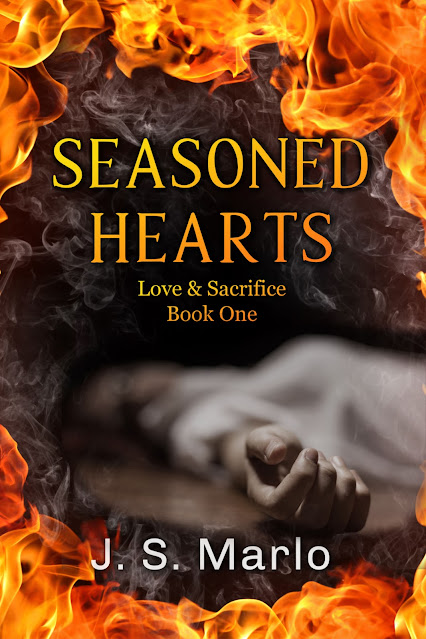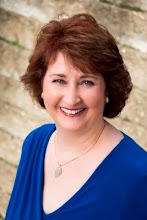I have so much going on this month I think my brain is going to spontaneously combust! Which, now that I think about it, may be for the better because it's been so cold here that a little inner fire may finally warm me up. Has anyone else been enduring the chill winter frost to the point that're holding out on the chance that they may randomly explode in a fiery inferno? Just me? Darn these Canadian winters!
 |
| HUR HUR... stiff... |
But during my foray into competitive writing, I was asked by a lovely individual-- who reached out to me curious about starting her first book--how to begin writing a story!
 |
| I'm so touched... |
 |
| What Would Picard Do? |
So I asked her first what she was writing. It helps to know what genre you're getting yourself into. Conjuring up stories on the John is all well and good, but if you're writing historical non-fiction, you may have to go number two at the library. Regardless, the best thing to do is to have some kind of outline at some point. I've talked about pantsers before, and how some people just write by the seat of their pants--
 |
| Ahem... Me. |
--but it IS good practice to at least write something down in terms of getting all your ducks in a row. I mean, compiling notes and character profiles and plot points is good, when you want to make sure everything is cohesive in the end. If Scarlet Fortune, the hard-boiled detective, is off to fight crime at the beginning of the book, it may be best to ensure she's not running off in Wonderland to find the white rabbit at the end.
 |
| I will spontaneous combust before I ever get to read Winds of Winter... |
So I suppose the best advice I can give about how to start a novel is to just start it. Write some stuff down, see how you feel about it. Write some more. Erase. Plan some--or not, if that's how you roll. Write more. Succub to your own self-doubt. Cry. Write a lot more. Be proud of what you've accomplished. Finish. Then gulp down a glass a wine of four to celebrate!
 |
| Shhh... I'm making art... |
So my advice is to just write. Whether you plot it first, have to do eons of research or compile photographs, the most important part of starting a book is making sure all 26 letters of the alphabet are levelled out on the page in some kind of pattern that is at least pleasing to you, the author. Worry about all the other stuff later.

































